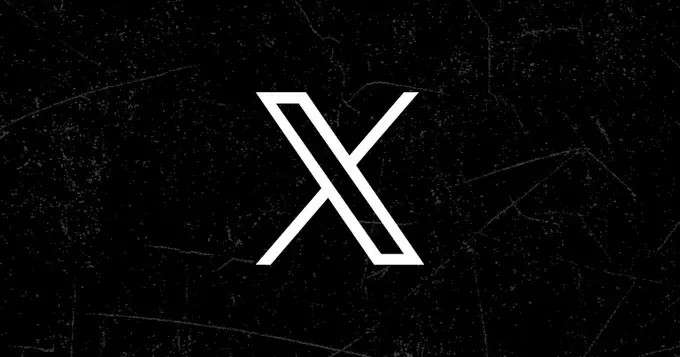In recent months, the relationship between the United States and the European Union has reached a boiling point, particularly concerning regulatory actions against tech giants like Elon Musk’s social media platform, X. The European Commission is reportedly in the final stages of imposing a staggering fine of around $1 billion on X due to alleged violations of the EU’s Digital Services Act (DSA). This act aims to crack down on illicit content and disinformation—pressing concerns in an era marked by rampant misinformation.
What lies at the heart of this conflict is not just regulatory compliance but the broader implications for transatlantic relations. The EU’s stringent regulatory frameworks are clashing with the US’s more laissez-faire approach to big tech. Such punitive measures from the EU could ignite a fierce backlash from the United States, particularly given the close ties between Musk and former President Donald Trump, who has voiced his disdain for foreign regulations deemed detrimental to American businesses.
EU’s Reasons for Action Against X
The impetus for the EU’s punitive actions stems from an investigation started in 2023, scrutinizing X’s evolving approach to content moderation. Concerns have been raised about X’s potential role in amplifying misleading narratives, particularly following recent global events that have thrust disinformation into the spotlight. According to the findings from the EU Commission, X’s risk assessment reports and transparency disclosures revealed significant lapses in its compliance with the DSA.
The repercussions of X’s content moderation strategies—or lack thereof—have been pointedly criticized, especially in light of the platform’s handling of information surrounding sensitive topics like terrorist activities. The EU’s preliminary investigations indicated that X had not satisfactorily addressed the dissemination of illegal content, prompting formal infringement proceedings. The crux of the issue is not merely about a potential fine; it encompasses a broader debate on how social media platforms handle disinformation in our connected world.
The Broader Context of Regulatory Actions
X isn’t in isolation when it comes to scrutiny; other major platforms like Meta and TikTok have also faced sanctions under similar frameworks. The EU’s tough stance may be perceived as a necessary measure to ensure accountability across tech companies, yet it also raises legitimate concerns around overreach and the implications for free speech. The new head of the Federal Communications Commission has lambasted the DSA as incompatible with America’s free speech values, indicating a growing divide between the EU’s regulatory philosophy and that of the US.
As the penalty looms, it is inevitable that discussions around free speech, capitalist ideals, and the responsibilities of social media outfits will reach fever pitch. For Musk, this isn’t simply a financial hurdle; it’s a critical intersection of business, politics, and the future of open discourse. His approach in galvanizing support from powerful allies, including Trump, will be crucial to navigating this treacherous terrain.
Musk’s Financial Struggles and Political Calculations
Interestingly, while Musk is known for his robust business acumen and bravado, X finds itself hamstrung financially, with ad revenues plummeting since his acquisition. This precarious financial state complicates Musk’s position as he prepares to challenge the imposition of a billion-dollar fine. Unlike many other tech giants, X’s current standing suggests that it may not withstand such a financial blow without serious ramifications.
With merger strategies aimed at stabilizing funds, like sharing resources with xAI, a significant penalty may not just stall its growth but could also hinder innovation efforts. As a consequence, Musk might pivot to strategic maneuvering within the political realm to appeal for leniency—not an unheard-of tactic—but one that could backfire if public sentiment turns against such collusion.
Furthermore, the potential for heightened retaliatory measures from the Trump administration adds another layer of complexity to this scenario. With Trump’s administration already expressing intentions to challenge EU measures perceived as damaging to American enterprises, Musk may find himself in a situation where he needs to weigh the benefits of seeking political assistance against the risk of deepening tensions.
As the repercussions of the EU’s looming actions unfold, the path forward appears fraught with uncertainty. The stakes are high, not only for Musk and X but also for wider US-EU relations. The culmination of these tensions may redefine how big tech interacts with regulatory frameworks, not just in Europe but globally. If X does retaliate politically, will it set a precedent for how companies navigate international regulations, or will it escalate into a broader confrontation that reshapes the digital landscape? The implications—for business, governance, and societal norms—are profound and far-reaching.


Leave a Reply